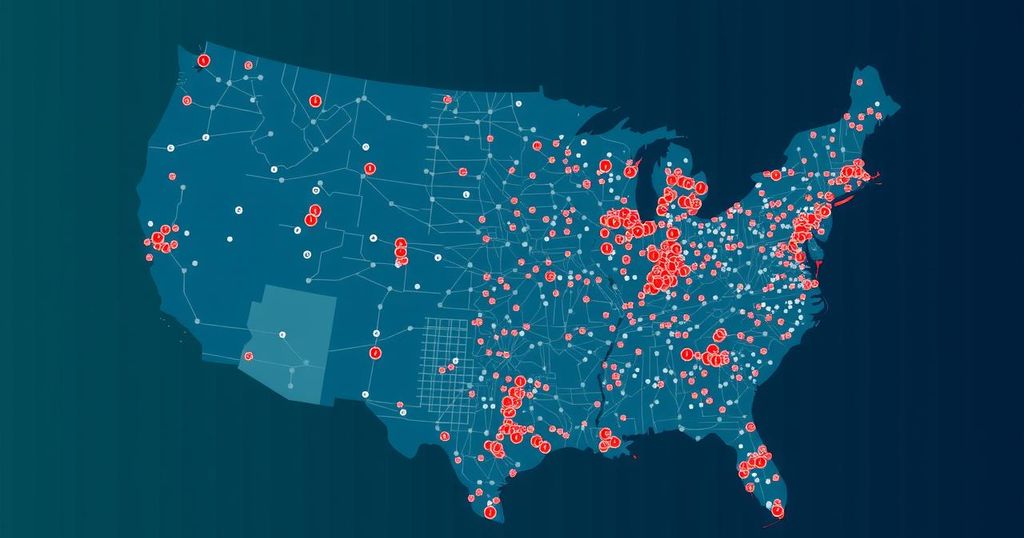World news
ASIA, BID, ELECTION, EUROPE, FLYNN, GAZA, GAZA STRIP, JEN EASTERLY, LEBANON, META, MIDDLE EAST CONFLICT, NAVY, NORTH AMERICA, NSA, PETER THIEL, PRESIDENTIAL ELECTION 2024, REPUBLIC OF GEORGIA, THREADS, TRUMP ADMINISTRATION, U.S. ELECTIONS, UKRAINE, UNITED STATES, US, WAYNE MADSEN, WEST BANK
Daniel O'Connor
0 Comments
Fact-Check: Claims of 20 Million Disappeared Democratic Votes in 2024 Election Debunked
Recent claims that 20 million Democratic votes ‘disappeared’ in the 2024 election have been debunked as false by election experts and officials. These allegations arose post-election but lack any credible evidence, with authorities confirming the election’s security and the normal fluctuations in voter turnout that occur between elections. The discourse surrounding election integrity highlights the need for accurate information amidst allegations of fraud.
Social media platforms have circulated claims alleging that approximately 20 million Democratic votes mysteriously disappeared in the aftermath of the 2024 election in the United States. These claims lack factual substantiation and have been categorically denied by election experts and government officials. Following Vice President Kamala Harris’s electoral defeat, some supporters have echoed sentiments reminiscent of the 2020 election, which saw former President Donald Trump claim widespread fraud without evidence. Notably, Wayne Madsen, a known conspiracy theorist, speculated about a significant hacking of the election results. However, both the Cybersecurity and Infrastructure Security Agency (CISA) and various independent electoral observers confirmed the security and integrity of the electoral process, asserting that there was no evidence of any malicious interference or disappearing votes. Election officials emphasized that fluctuations in voter turnout are common from one election cycle to another, influenced by various factors such as candidate appeal and overall competitive environment. Experts like Paul Gronke of Reed College explained that a potential drop of 20 million votes would simply indicate voter preference and engagement levels, rather than fraud. This sentiment was echoed by David Becker, head of the Center for Election Innovation and Research, who remarked on the high turnout rates being anticipated, further dispelling irregularity theories. Thus, the claims of vanishing ballots have been deemed unfounded, reinforcing the integrity of the electoral system in the United States.
The discourse surrounding election integrity often intensifies during and after major electoral events in the United States. Following the contentious 2020 presidential election, allegations of fraud became prominent, with many claims lacking credible evidence. The same trend appears to be resurfacing with the recent 2024 election, primarily among supporters of Vice President Kamala Harris after her loss. With the rise of conspiracy theories and unverified claims proliferating through social media, it is critical to investigate such assertions through credible sources and expert opinions. The context of accusations highlights the importance of established electoral security and the role of verified information in sustaining democratic processes.
In conclusion, the claims suggesting that 20 million Democratic votes disappeared in the 2024 election have been thoroughly examined and refuted by election officials and experts in cybersecurity. Voter turnout naturally varies across elections, influenced by numerous factors, and does not indicate malicious activity or fraud. Assertions made on social media have been classified as unfounded, thereby reinforcing the credibility of the electoral system. The focus must remain on ensuring a transparent and fair election process while dispelling misinformation.
Original Source: www.aljazeera.com




Post Comment